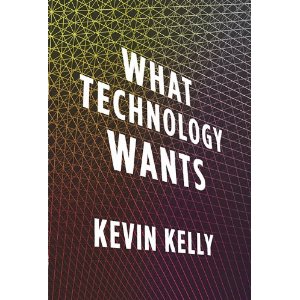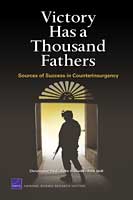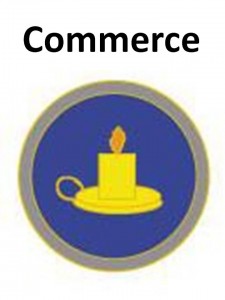
Google+ – A good summary of the disruptive advantages of 3D printing,…
A good summary of the disruptive advantages of 3D printing, from the authors of the book Fabricated.

“I imagine a library atop a remote mountain that collects the essential information needed to re-learn practical knowledge essential to civilization. This depot, open to anyone who journeys there, is the cultural equivalent of the Svalbard seed bank, a vault on the Arctic Circle that holds frozen seeds of crop plants from around the world. The utilitarian documents in this vault would be the seeds of culture, able to sprout again if needed. It would be the Library of Utility, and it would serve as civilization’s backup.”
Kevin Kelly – Author of What Technology Wants.
Read the article The Library of Utility on the Blog of the Long Now Foundation.

See Also:
Worth a Look: Book Reviews on Civilization-Building
Worth a Look: Book Reviews on Conscious, Evolutionary, Integral Activism & Goodness

Kevin Kelly
From Booklist: Verbalizing visceral feelings about technology, whether attraction or repulsion, Kelly explores the “technium,” his term for the globalized, interconnected stage of technological development. Arguing that the processes creating the technium are akin to those of biological evolution, Kelly devotes the opening sections of his exposition to that analogy, maintaining that the technium exhibits a similar tendency toward self-organizing complexity. Having defined the technium, Kelly addresses its discontents, as expressed by the Unabomber (although Kelly admits to trepidation in taking seriously the antitechnology screeds of a murderer) and then as lived by the allegedly technophobic Amish. From his observations and discussions with some Amish people, Kelly extracts some precepts of their attitudes toward gadgets, suggesting folk in the secular world can benefit from the Amish approach of treating tools as servants of self and society rather than as out-of-control masters. Exploring ramifications of technology on human welfare and achievement, Kelly arrives at an optimistic outlook that will interest many, coming, as it does, from the former editor of Wired magazine. –Gilbert Taylor
| By | Thomas King (USA) – See all my reviews |
WHAT TECHNOLOGY WANTS offers a highly readable investigation into the mechanisms by which technology advances over time. The central thesis of the book is that technology grows and evolves in much the same way as an autonomous, living organism.
The book draws many parallels between technical progress and biology, labeling technology as “evolution accelerated.” Kelly goes further and argues that neither evolution nor technological advance result from a random drift but instead have an inherent direction that makes some outcomes virtually inevitable. Examples of this inevitability include the eye, which evolved independently at least six times in different branches of the animal kingdom, and numerous instances of technical innovations or scientific discoveries being made almost simultaneously.

Victory Has a Thousand Fathers: Detailed Counterinsurgency Case Studies
by Christopher Paul, Colin P. Clarke, Beth Grill
RAND 2010
and also

Reconstruction Under Fire: Case Studies and Further Analysis of Civil Requirements
by Brooke Stearns Lawson, Terrence K. Kelly, Michelle Parker, Kimberly Colloton, Jessica Watkins
RAND 2010


Kevin Kelly has been a participant of, and reporter on, the information technology revolution for the past 20 years. Based in his studio in Pacifica, California, he immerses himself in the long-term trends of technology, tools, new media, and cultural behavior. He writes about the ripple effects and social consequences surrounding the culture of technology. Kevin Kelly is currently Senior Maverick at Wired magazine. He helped launch Wired in 1993, and served as its Executive Editor until January 1999. During Kelly’s tenure as editor at Wired, the magazine won two National Magazine Awards (the industry’s equivalent of two Oscars). He is also currently editor and publisher of the Cool Tools website, which gets 1 million visitors per month. From 1984-1990, Kevin was publisher and editor of the Whole Earth Review, a journal of unorthodox technical news. He co-founded the ongoing Hackers’ Conference, and was involved with the launch of the WELL, a pioneering online service started in 1985. He authored the best-selling New Rules for the New Economy, and the classic book on decentralized emergent systems, Out of Control (called “required reading for all executives” by Fortune). In addition, he writes for prominent publications including The New York Times, The Wall Street Journal, The Economist, Time, Harpers, Science, GQ, and Esquire. Earlier in life, Kevin was a photographer in remote parts of Asia (instead of going to college), publishing his photographs in national magazines and recently in the photo art book Asia Grace.